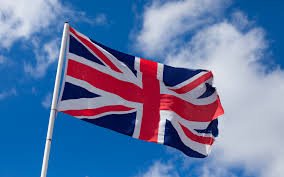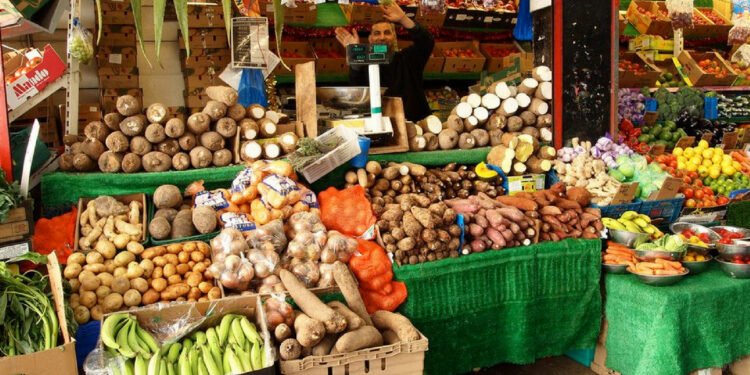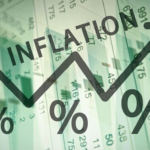In April 2019, President Muhammadu Buhari signed into law a bill to increase Nigeria’s minimum wage by 66.7%, from N18,000.00 to N30,000.00, and this change to be effected immediately.
Yet by September of the same year, Nigerian labour activists accused the government of not being serious about increasing the minimum wage after the most recent talks at the time ended unsuccessfully.
The law mandated that the lowest level of employees earning N18,000.00 naira a month should be paid N30,000.00, and it was to apply to the private and public sectors, with a few exemptions, like smaller businesses with less than 25 workers on the payroll.
One year and three months on, the stark reality facing Nigerian workers is that whatever gains the new minimum wage brought has all been erased by the increases in the prices of basic food items in the market.
According to the selected food prices watch for July 2020 data released by the National Bureau of Statistics, the prices of most food items has increased tremendously over the past one year.
Price changes year-on-year (July 2020)
- The price of a kilogram of brown beans reduced by 8.23% to N300.26, with the lowest price of N161.03 recorded in Bauchi State while the highest price of N493.54 was recorded in Ebonyi State.
- The price of 1kg of beef (bone in) increased by 6.54% to N1,075.68, with the lowest price of N773.87 recorded in Osun State while the highest price of N1,396.13 was recorded in Cross River State.
- The price of 1 loaf of bread (sliced) increased by 8.54% to N318.56, with the lowest price of N242.50 recorded in Gombe while the highest price of N462.50 was recorded in Bayelsa.
- The price of 1kg of Rice (local sold loose) increase by 30.86% to N362.97, with the lowest price of N250.05 recorded in Sokoto and the highest price of N523.13 was recorded in Bayelsa.
- The price of 1 whole frozen chicken increased by 9.65% to N1,955.54, with the lowest price of N1,425.00 recorded in Kano, and the highest price of N2,881.46 recorded in Plateau.
- The price of 1kg of Gari white sold loose increased by 46.62% (Yellow Gari, sold lose increased by 65.59%) to N222.47, with the lowest price of N151.65 recorded in Ondo and the highest price of N353.87 recorded in Bayelsa.
- The price of 1 kg of Yam (Yam Tuber) increased by 50.10% to N256.44, with the lowest price of N128.20 recorded in Yobe, while the highest price of N494.26 was recorded in Bayelsa.
- The price of 1kg of Tomato increased by 49.35% to N304.01, with the lowest price of N111.94 recorded in Borno and the highest price of N542.07 recorded in Bayelsa.
- The price of 1kg of Maize grain, white sold loose increased by 39.95% to N190.00, with the lowest price of N97.93 recorded in Borno, and the highest price of N348.02 recorded in Bayelsa.
- The price of 1kg of ripe plantain increase by 12.80% (unripe plantain increased by 16.58%) to N245.04, with the lowest price of N171.13 recorded in Kwara, and the highest price of N369.80 recorded in Rivers.
- The price of 1 litre of groundnut oil increased by 14.30% (palm oil increased by 8.69%) to N623.09, with the lowest price of N458.33 recorded in Kebbi, and the highest price of N902.51 recorded in Delta.
- The price of 2kg of wheat flour; prepacked increased by 6.73% to N712.95, with the lowest price of N612.86 recorded in Ondo and the highest price of N846.67 recorded in Bayelsa.
Bayelsa State accounted for most of the highest recorded prices.
The data shows clearly that employees in Nigeria, even on the new minimum wage that rely sorely on their wages would find it difficult to make ends meet. Thus, the need for a diversified income streams cannot be over emphasized.
Written by;
Nnamdi M.


























































